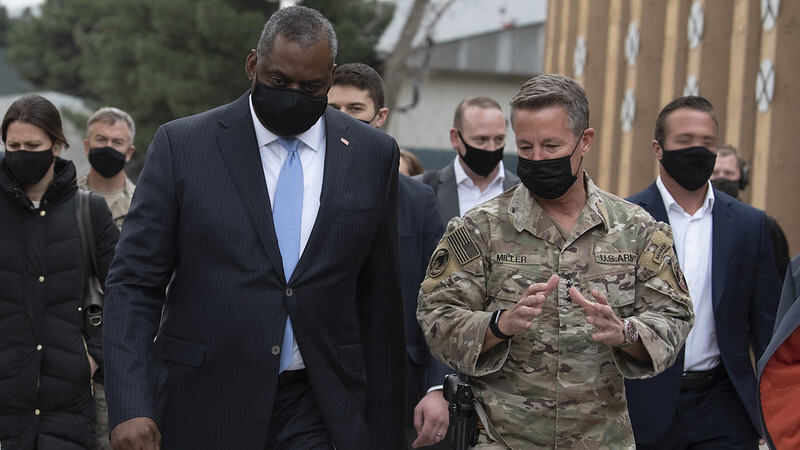As far as Trump was concerned, the answers he received from his secretaries of Defense and the four stars concerning the need to stay in Afghanistan—to build democracy, liberate women, encircle Iran, keep China out and Russia at bay—did not pass the smell test. For Trump, neither the Russians nor the Chinese were ten feet tall, and Afghanistan’s security was never as important as the security of Rhode Island, Alabama, or Michigan.
In Trump’s view, Afghanistan was never a strategic asset. The country is one of the most remote places on earth. There is no scientific-industrial base. Its geostrategic position affords little advantage in a world dominated by precision guided missiles and space-based intelligence, surveillance, and reconnaissance. The planning and practice for 9/11 was conducted in Germany and the United States, not in Afghanistan.
Long before Trump came to the presidency, Afghanistan was an enduring entanglement with no return on investment. Economically, Afghanistan belongs to sub-Saharan Africa. An American military presence, let alone massive U.S. economic investment in Afghanistan’s society and various peoples, is one of the most extreme examples of wasteful strategic overstretch in human history.
Most importantly, Trump intuitively sensed that the generals’ dogged resistance to total withdrawal was in reality the triumph of general officer self-interest over national interest. After 20 years of investment in Afghanistan none of the nation’s senior military leaders wanted to admit that the withdrawal of U.S. military power would lead inevitably to the collapse of the corrupt Afghan government and its expensive, faux armed forces.
The generals always knew that the public admission of failure would not simply throw 20 years of graft and deceit into sharp relief; such an admission would expose the four stars themselves to serious scrutiny. To explain the rapid collapse of the U.S.-backed Afghan state and the inexcusable waste of American blood and treasure, the American people would discover the long process of moral and professional decline in the senior ranks of the Army and the Marines, their outdated doctrine, thinking, and organization for combat. For the generals it was always better to preserve the façade in Kabul, propping up the illusion of strength, than face the truth.
……………………………………
But the generals were dead wrong in their expectation that the U.S. military presence in Afghanistan would persist indefinitely. The destructive impact of the deceptively easy U.S. victory in 1991 that turned American soldiers and Marines into global policemen with the mission of imposing liberal democracy on ungoverned spaces, as General Milley called them, is at an end. Americans don’t want the mission and Americans cannot afford the mission.
When Biden rightly concluded that it was time to extricate American military power and investment from the Afghan morass, the secretary of Defense and the four stars, primarily MacKenzie and Milley as Biden’s advisor, were left alone to execute the withdrawal in a way that saved American lives, checked the power of America’s enemies, and preserved national prestige. In all of these tasks, Secretary Austin and his generals failed.
Read the rest of this article at The American Conservative





